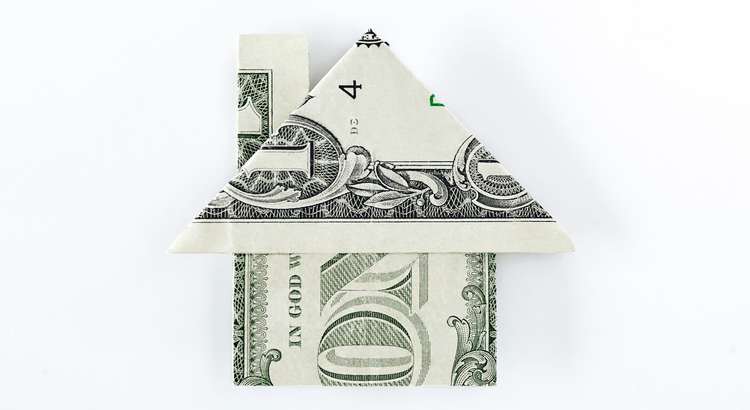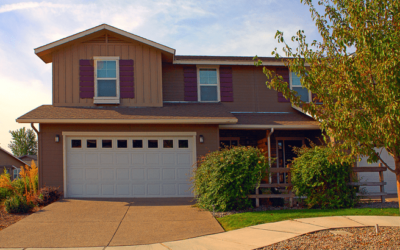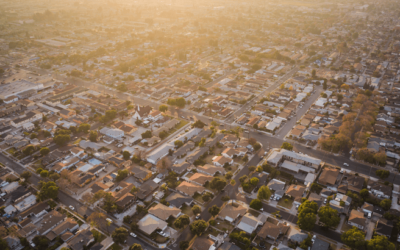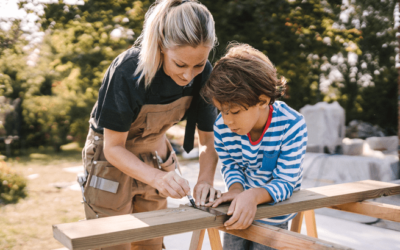
“Here’s some helpful information on what those costs are and how much you should budget for them.”
Before making the decision to buy a home, it’s important to plan for all the costs you’ll be responsible for. While you’re busy saving for the down payment, don’t forget you’ll want to prep for closing costs too.
Here’s some helpful information on what those costs are and how much you should budget for them.
What Are Closing Costs?
A recent article from Bankrate explains:
“Closing costs are the fees and expenses you must pay before becoming the legal owner of a house, condo or townhome . . . Closing costs vary depending on the purchase price of the home and how it’s being financed . . .”
Simply put, your closing costs are the additional fees and payments you have to make at closing. According to Freddie Mac, while they can vary by location and situation, closing costs typically include:
- Government recording costs
- Appraisal fees
- Credit report fees
- Lender origination fees
- Title services
- Tax service fees
- Survey fees
- Attorney fees
- Underwriting Fees
How Much Are Closing Costs?
According to the same Freddie Mac article mentioned above, they’re typically between 2% and 5% of the total purchase price of your home. With that in mind, here’s how you can get an idea of what you’ll need to budget.
Let’s say you find a home you want to purchase at today’s median price of $384,500. Based on the 2-5% Freddie Mac estimate, your closing fees could be between roughly $7,690 and $19,225.
But keep in mind, if you’re in the market for a home above or below this price range, your closing costs will be higher or lower.
Make Sure You’re Prepared To Close
Freddie Mac provides great advice for homebuyers, saying:
“As you start your homebuying journey, take the time to get a sense of all costs involved – from your down payment to closing costs.”
The best way to do that is by partnering with a team of trusted real estate professionals. That gives you a group of experts to help you understand how much you’ll need to save and what you’ll want to be prepped for. It also means you have go-to resources for any questions that pop up along the way.
Bottom Line
Planning for the fees and payments you’ll need to cover when you’re closing on your home is important. Partnering with a local real estate professional can give you the guidance and confidence you need throughout the process.
To view original article, visit Keeping Current Matters.
More Homes, Slower Price Growth – What It Means for You as a Buyer
Having a real estate agent who knows the local area can be a big advantage when you start the buying process.
What’s Motivating Homeowners To Move Right Now
Selling your home isn’t just about market conditions or mortgage rates—it’s also about making the best decision for your lifestyle and future.
The Majority of Veterans Are Unaware of a Key VA Loan Benefit
VA home loans are designed to make homeownership a reality for those who have served our country.
Renting vs. Buying: The Net Worth Gap You Need To See
If you’re on the fence, it may be helpful to speak with a local real estate agent. They can help you weigh your options.
Expect the Unexpected: Anticipating Volatility in Today’s Housing Market
Understanding what’s happening will help you make the right decisions, whether that’s buying or selling.
Is a Fixer Upper Right for You?
The perfect home is the one you perfect after buying it. With careful planning, budgeting, and a little bit of vision, you can turn a house that needs some love into your perfect home.







.jpg )



